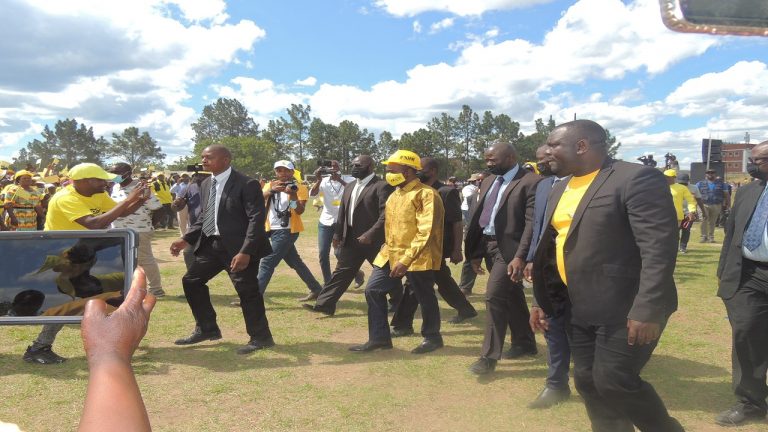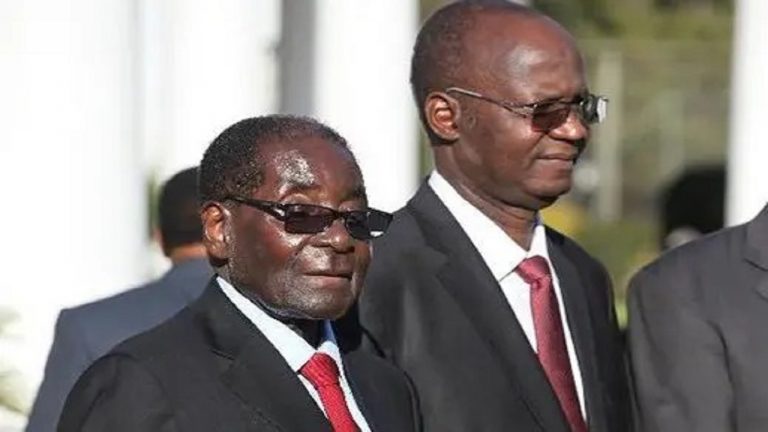Speaker of the National Assembly, Jacob Mudenda is pushing the government to enact laws that allow Zimbabweans who live in foreign countries to be included in the voting exercise.
Mudenda actions come after Zimbabwe is preparing to hold general elections in 2023.
He said the Constitution should be amended to allow people in the diaspora to vote, becoming the first senior official in the ruling Zanu PF party to push that agenda.
Addressing legislators and other stakeholders at a workshop on the Electoral Amendment Bill, which was sponsored by the Southern African Parliamentary Support Trust and the Zimbabwe Election Support Network (Zesn) in Kariba yesterday Mudenda said, “amendments to the Electoral Act should clearly specify the procedures and mechanisms for registration and voting for citizens in the diaspora.”
Mudenda also said political parties and candidates who perpetrated electoral violence should be disqualified through amendments to the Electoral Act, which should empower the Zimbabwe Electoral Commission (Zec) to censure errant political parties and politicians.
He also pointed out that the future of the country’s elections depended on the role political parties played in promoting peaceful and credible elections by sending the right signals and urging their supporters to shun electoral violence.
“The regulatory body (Zec) can play a role through robust political voter education. However, ultimately the conduct of political parties themselves will determine a positive outcome because they wield an enormous influence on their supporters. Currently, there are no enforcement provisions on the code of conduct and the political parties continue to violate the code with impunity,” Mudenda said.
“Zec should be empowered through the Electoral Act to censure, or even disqualify political parties or candidates that act with impunity during the electoral processes. There is a need to amend the Constitution to encapsulate the diaspora vote.”
He further noted that another area of concern was protection of the secrecy of the ballot and mechanisms to ensure reduction of assisted voters.
“Another observation I make on the proposed Electoral Bill is that it must comply with sections 160 and 161 of the Constitution, regarding the delimitation of electoral boundaries. The provision of the voters roll in searchable and analyzable format is commendable. While this provision enhances transparency of the voters roll, and it is welcome, caution has to be exercised to ensure a balance between the right to access and the right to privacy of the information contained in the voters roll.
“It is suggested that amendment to the law could include hashing of some fields like identity number, date of birth, and the voter’s address which should lead to the generation of scanned copies from the printed copy. The suggestion is that the scanned copies should be availed only to contesting parties and candidates and not individuals, observers, candidates or organizations. Relatedly, the closure of the voters roll should have reasonable timelines which should be provided for in the Electoral Law,” Mudenda said




